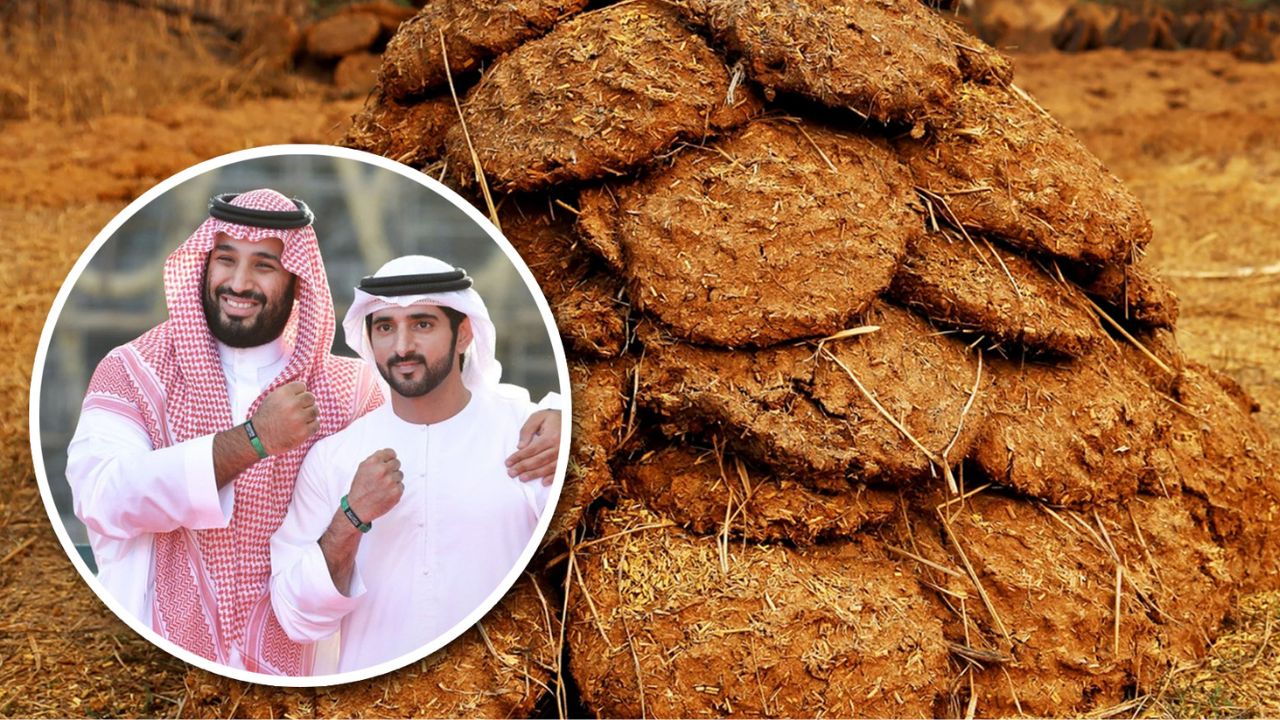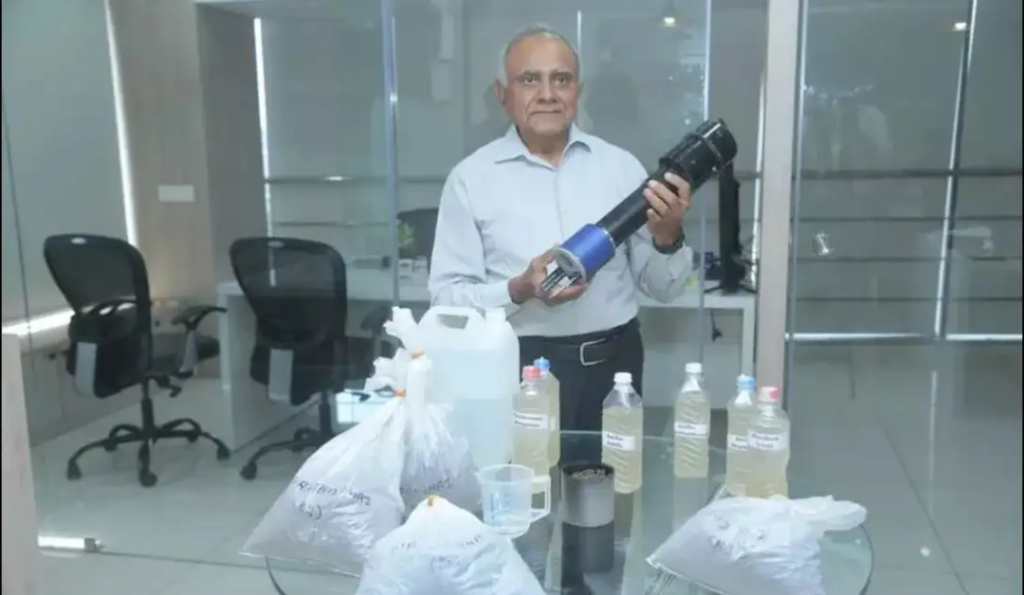Cow Dung: India’s Unlikely Billion-Dollar Export to Arab Nations for Date Farming

In an unexpected twist, cow dung from Indian cattle is becoming a highly sought-after commodity in the Middle East. Reports indicate that Arab nations are importing ₹400 Crore (approximately $50 million USD) worth of cow dung annually from India. But why is this byproduct suddenly in such high demand? The surprising answer lies in its role in enhancing date farming practices.
Why Are Arab Nations Importing Cow Dung?
Indian cow dung is recognized for its exceptional qualities as a natural fertilizer, making it a valuable resource for date palm cultivation. In countries like Saudi Arabia, the UAE, and other parts of the Middle East, where dates are an essential agricultural product, the need for organic materials to boost crop yields is critical.
The nutrient-rich composition of Indian cow dung—containing essential elements like nitrogen, phosphorus, and potassium—helps improve soil health, leading to healthier date palm trees and increased fruit production. These properties make it an ideal organic solution for farmers in the region who are looking to maintain sustainable and high-yield farming practices in the challenging desert environment.
Indian Cow Dung: A Growing Global Commodity
This rise in demand for cow dung as a natural fertilizer underscores the growing interest in sustainable farming methods across the globe. As agricultural practices evolve, organic solutions like cow dung are gaining prominence due to their ability to enrich soil without the use of harmful chemicals.
India, with its large cattle population, is uniquely positioned to meet this demand. As a result, cow dung exports are helping India become an unexpected leader in the global agricultural supply chain for date farming.
The Future of Agricultural Trade and Sustainability
This new trend not only benefits Indian farmers but also opens the door for further trade opportunities between India and Arab nations. As the demand for organic fertilizers continues to rise, it could lead to innovative agricultural exchanges between countries, promoting sustainable farming practices worldwide.
Moreover, the increasing global reliance on organic resources such as cow dung signals a shift toward more eco-friendly agricultural practices. This growth highlights the potential for traditional agricultural byproducts to find valuable applications in modern farming, making them integral to the future of agriculture.
The Rise of Cow Dung in Global Trade
India’s cow dung export story is one of resilience, innovation, and sustainability. What was once seen as a humble agricultural byproduct is now a thriving export worth millions. The rise in demand for Indian cow dung for date farming in Arab nations is a testament to the untapped potential of traditional resources in modern agriculture.
As countries embrace more sustainable farming practices, India’s role as a key supplier of organic fertilizers will only continue to grow, further cementing its position in the global agricultural trade market.






No Responses